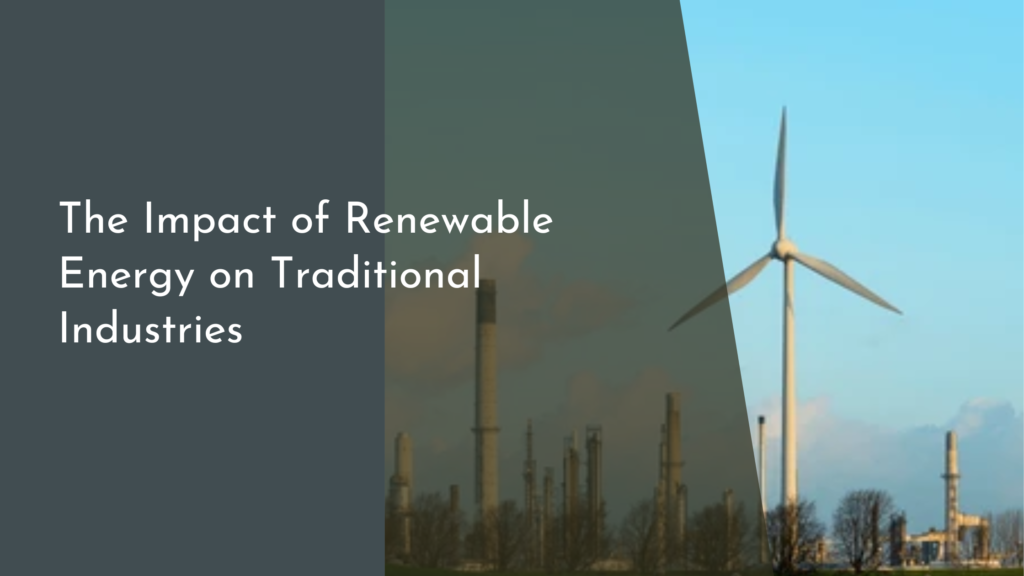The Intersection of Blockchain and Sustainability
In recent years, blockchain technology has emerged as a transformative force across various industries, promising increased transparency, security, and efficiency. Beyond its more widely recognized applications in finance, blockchain holds the potential to drive significant advancements in sustainability. By facilitating innovations in supply chain management, renewable energy distribution, and eco-friendly solutions, blockchain is poised to play a crucial role in addressing global environmental challenges. This article explores the intersection of blockchain and sustainability, highlighting the ways in which this technology can contribute to a more sustainable future.
Blockchain’s Role in Sustainable Development
Blockchain technology offers unique capabilities that can significantly contribute to sustainable development goals. At its core, blockchain provides a decentralized and immutable ledger that ensures transparency and traceability. This transparency is vital for monitoring and verifying compliance with environmental regulations, ethical sourcing, and emissions reductions. By enabling secure and tamper-proof records, blockchain helps governments, organizations, and individuals to ensure accountability, thus promoting more responsible ecological practices.
Moreover, blockchain can facilitate the creation of innovative sustainability projects through decentralized platforms. These platforms can connect stakeholders from various sectors, enabling collaborative efforts to address environmental challenges. For instance, blockchain-based token systems can incentivize sustainable behaviors, such as recycling or reducing carbon footprints. By rewarding eco-friendly actions, these systems encourage wider participation and foster a culture of sustainability. As a result, blockchain is not only empowering sustainable development but also inspiring a shift towards a more conscious society.
Transforming Supply Chains with Blockchain
One of the most promising applications of blockchain technology is its ability to revolutionize supply chain management. In a world where consumers are increasingly demanding transparency and ethical sourcing, blockchain can provide an unalterable record of a product’s journey from origin to the consumer. This traceability allows companies to verify the sustainability of their supply chains, ensuring that the products they offer are produced in environmentally and socially responsible ways.
Furthermore, blockchain can help eliminate inefficiencies and reduce waste within supply chains. By providing real-time data and analytics, blockchain platforms empower businesses to make informed decisions, optimize resource allocation, and minimize environmental impact. For example, smart contracts on the blockchain can automatically enforce sustainability standards and payment terms, reducing the need for intermediaries and thereby conserving resources. In essence, blockchain not only makes supply chains more transparent but also more sustainable, ushering in a new era of eco-friendly commerce.
Renewable Energy and Blockchain Innovations
The energy sector is another area where blockchain is making significant strides. By enabling peer-to-peer energy trading and decentralized energy grids, blockchain technology is accelerating the adoption of renewable energy sources. Through blockchain-based platforms, individuals and businesses can buy and sell excess energy directly, promoting more efficient use of renewable resources and reducing reliance on fossil fuels. This democratization of energy markets empowers consumers to actively participate in the transition to a greener future.
In addition to facilitating energy trading, blockchain is instrumental in ensuring the reliability and transparency of renewable energy certificates (RECs). By securely recording the production and consumption of renewable energy, blockchain ensures that RECs are accurately tracked and verified. This enhances trust in the green energy market and encourages investment in renewable projects. As blockchain continues to innovate within the renewable energy sector, it has the potential to transform how energy is produced, distributed, and consumed, making it a vital player in the quest for sustainability.
The Future of Eco-Friendly Blockchain Solutions
As blockchain technology continues to evolve, its potential to contribute to eco-friendly solutions is becoming increasingly apparent. One exciting development is the rise of carbon offsetting platforms powered by blockchain. These platforms enable individuals and organizations to invest in carbon reduction projects, with blockchain ensuring the transparency and accountability of such initiatives. By making carbon offsetting more accessible and trustworthy, blockchain can help mitigate climate change and drive the adoption of sustainable practices.
Looking ahead, the integration of blockchain with other emerging technologies, such as the Internet of Things (IoT) and artificial intelligence (AI), could unlock even greater potential for sustainability. For instance, IoT devices can collect real-time environmental data, which can be recorded and analyzed on blockchain networks to optimize resource usage and reduce waste. Similarly, AI algorithms can enhance the efficiency of blockchain platforms, making eco-friendly solutions more scalable and impactful. As these technologies converge, blockchain is set to play a pivotal role in shaping a sustainable future.
In conclusion, the intersection of blockchain and sustainability presents a myriad of opportunities to address pressing environmental issues. Through its applications in supply chain management, renewable energy, and eco-friendly solutions, blockchain is proving to be a powerful tool in the pursuit of a more sustainable world. As the technology continues to advance and integrate with other innovations, its potential to drive positive change will only grow. By embracing blockchain and its capabilities, society can work towards a future that is not only technologically advanced but also environmentally conscious, ensuring a healthier planet for generations to come.

